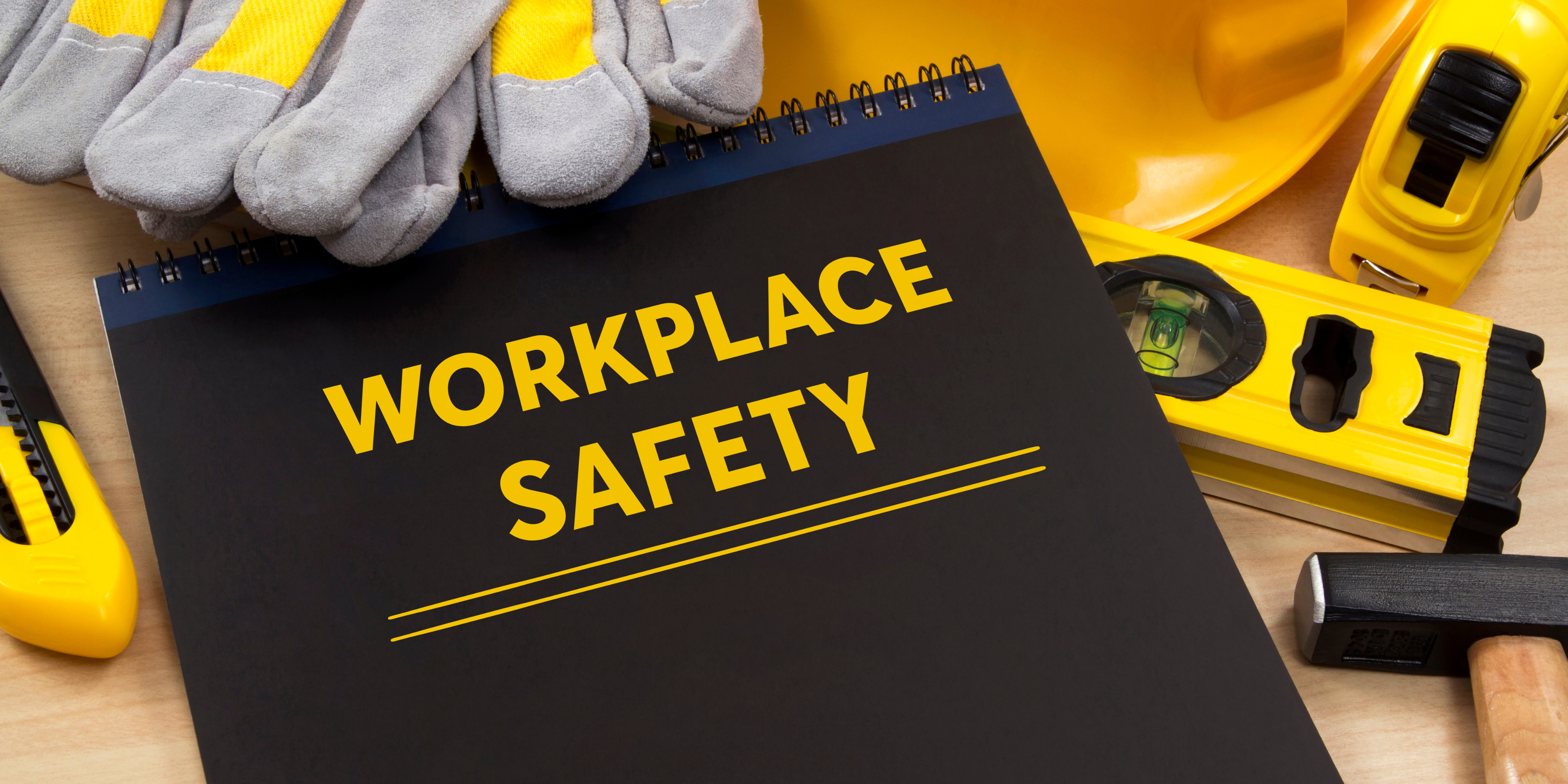


Picture this: a bustling office with the hum of productivity filling the air as employees are engrossed in their daily tasks. Seemingly, everything is in perfect order. But beneath the surface, exists a silent threat – one that doesn’t announce its presence with sirens or flashing lights. Workplace safety, often taken for granted, is an invisible shield that protects us daily, and unless it is addressed by all employees, the safety of the workplace is at risk. Today we embark on a journey to uncover the power within every employee to fortify this shield, to transform the invisible into the visible, and to make a resounding statement; safety is not just a protocol, but a collective responsibility by the employer and employee.
In this blog, we’re exploring various ways employees can contribute to workplace safety. This blog only provides a small glimpse to the ways employees can take an active role in creating a safe work environment; after reading this blog, you’ll want to book a demo with us to learn how Sodales can help you bring these ideas to life. As employees take ownership of their safety and the safety of their colleagues, your workplace becomes not just a space of productivity, but a haven of wellbeing and success. Let’s explore together!
A safe workplace is not the sole responsibility of the employer; employees play a pivotal role in fostering a secure and healthy environment. While employers play a crucial role in establishing a safe work environment, employees have a significant impact on maintaining the success of these workplace safety efforts. From fostering a culture of awareness to actively participating in safety initiatives, there are several strategies for employees to take an active role in creating a safer working environment.
The foundation of workplace safety begins with individual attitudes. Employees can contribute to workplace safety by adopting a safety-first mindset. What does this entail? This involves being vigilant about potential hazards, consciously considering health and safety in all tasks, and encouraging colleagues to prioritize safety in their actions. For example, personal protective equipment (PPE) is a frontline defence against workplace hazards. Employees should consistently wear and ensure their colleagues are maintaining their assigned PPE. Regular checks and immediate reporting of damaged or ineffective equipment ensures that employees are adequately protected in the workplace.
Consistently practicing safe work habits contributes significantly to overall workplace safety. This includes using tools and equipment as intended, following proper lifting techniques, and avoiding shortcuts that may compromise safety. Did you know that Sodales can help organizations in industrial sectors address and manage the key safety objectives of implementing safety lockouts? With Sodales’ integrated incident management module, organizations can streamline incident reporting, investigations, and root cause analysis with pre-built workflows based on incidents common to safety lockout accidents. By incorporating safe habits into daily routines like safety lockout or LOTO procedures, employees actively reduce the risks of accidents. Employees should make a conscious effort to stay informed about potential hazards, emergency procedures, and safety protocols relevant to their roles. Regularly attending safety training sessions and staying updated on industry best practices will contribute to a heightened awareness of potential risks.
Employers should encourage a culture of open communication regarding safety concerns for their employees. Employers should establish clear channels for reporting, assuring employees that their input is essential for maintaining a safe work environment. With a labor relations software in place like Sodales, employees will have the ability to report potential hazards or near miss incidents promptly and without hesitation. Any type of hazard, whether it be chemical, electrical, or environmental, can be reported using Sodales’ risks and hazards module. Using Sodales, once hazards are identified, employees can assess the levels of risk associated, analyze reports, and shift their focus on mitigation efforts to prevent these same hazards for the future. Likewise, with Sodales’ incident management module, organizations can streamline incident or near miss reporting, investigations, and root cause analysis, with pre-built workflows based on incidents common to your industry.
By reporting hazards, or near misses, employees have the ability to contribute to the identification and resolution of issues before they escalate to a more serious problem that may require a grievance or incident report (fun fact: this can also be reported using Sodales, click here to learn more).
Many organizations have safety committees or forums dedicated to addressing workplace safety. Employees can actively participate in these committees to share insights, suggest improvements, and collaborate on safety initiatives. Sodales’ case management software is a powerful and efficient way to organize and manage a wide range of requests, questions, safety concerns, and more. This software is equipped not only to handle incidents, near misses, or other safety concerns, but can manage ergonomic concerns for in-office or work-from-home office setups. We love talking about this, so make sure you read our blog on addressing ergonomic concerns in the workplace here. This employee involvement empowers employees to have a direct impact on the safety culture of the organization.
The foundation of employee empowerment in safety lies in open communication. As we mentioned earlier, employers should be establishing channels where employees feel not only comfortable reporting safety concerns but are encouraged to share insights and suggestions. An accessible reporting system like Sodales fosters a culture where everyone becomes a vigilant guardian of workplace safety.
Promote a culture of continuous learning where employees are encouraged to stay updated on the latest safety standards and best practices, and support ongoing education, whether through workshops, seminars, or online resources. A learning culture ensures that employees are equipped to adapt to evolving safety requirements. Reg Helwer, Manitoba Minister of Labour, Consumer Protection and Government Services said, “reviewing our safety laws every five years ensures they remain current, comprehensive and effective in preventing occupational injuries and illnesses, particularly as the nature of work changes.” With Sodales, organizations can add information guides or documents for employees to easily access to ensure they are always staying up to date with safety standards and procedures to always maintain compliance.
Finally, make sure you lead by example. Exemplary behavior is contagious. Employees can contribute to workplace safety when employers consistently model safe practices. Whether it’s wearing PPE, following proper procedures, or taking the time to address potential hazards, leading by example creates a positive influence on employees, fostering a safer overall environment.
Workplace safety is a collective effort; employers hold the key to unlocking the full potential of their workforce in fortifying the pillars of safety, and employees play the key role in actioning and maintaining this ongoing effort. By embracing a safety-first mindset, participating in training programs, diligently using PPE, and reporting hazards, employees can contribute significantly in creating a safe, secure and thriving workplace. When each employee takes ownership of their safety and the safety of their colleagues, the entire organization benefits from a culture where safety is not just a priority, but a shared value.
With Sodales’ one-platform-approach to health, safety and employee relations, organizations can equip their employees to handle any safety concern. To learn more about Sodales’ industry-specific modules, click here to book a demo.